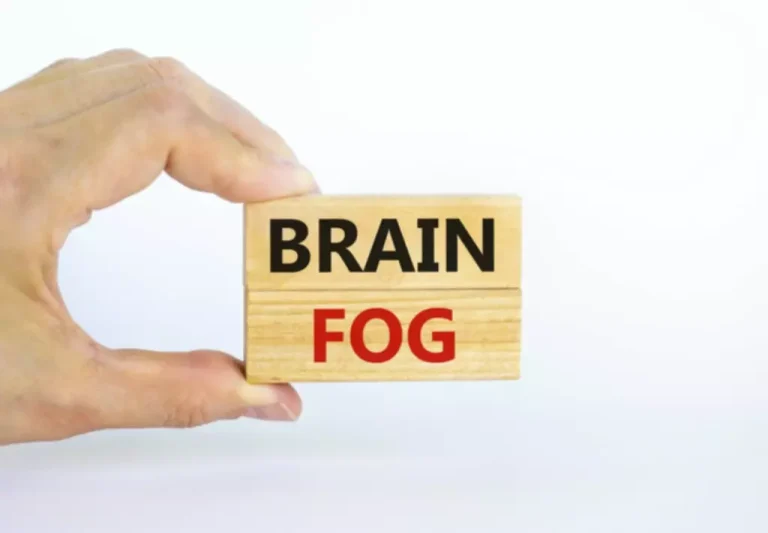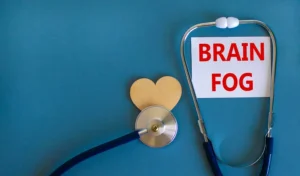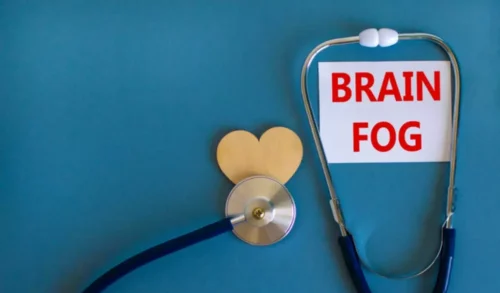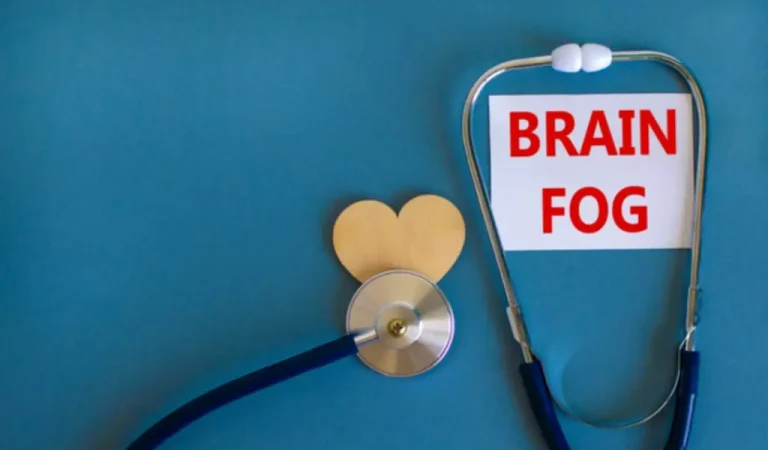Backstage & Influences

If you or someone you know shows these signs of addiction or has tried and failed to quit using drugs or alcohol, there is still hope. Substance abuse treatment can begin https://ecosoberhouse.com/article/best-alcohol-abuse-recovery-diet/ no matter what stage of addiction you’re currently experiencing. However, the sooner treatment begins, the less intensive the treatment will need to be, and the less harm will be done to your health and relationships. At this stage, the addict’s health, financial status, and social life have been severely affected by their addiction. The addiction cycle describes the process every addict experiences, from initial use and abuse to addiction and relapse. Cues in a person’s daily routine or environment that have become linked with substance use can trigger uncontrollable cravings whenever the person is exposed to these cues, even if the substance itself is not available.
The Maintenance Stage

You may start to plan your day around substance use or start canceling plans that might keep you from it.
Signs of Tolerance and Dependence
This stage is important as the patient’s expectations before getting treatment can be integral to the success of their recovery. They need to understand the challenges they may face on the path to getting better. Multiple unsuccessful treatment attempts and failure to create a working relapse prevention plan can greatly contribute to the extension of the precontemplation stage. There is also counseling available for you, your family, and friends to help with recovery after leaving treatment, as well as support groups like AA, NA, Al-Anon, and Nar-Anon. You may not use every day, but there may be a predictable pattern (using every weekend) or you may use under the same set of circumstances (when you’re stressed, bored, lonely, etc.).

What happens to the brain when a person takes drugs?
- Substance use disorders are often relapsing, meaning that recovery will often entail setbacks.
- This will allow you to effectively move on to the maintenance stage without experiencing the relapse stage.
- In reality, drug addiction is a complex disease, and quitting usually takes more than good intentions or a strong will.
- The three-level staging model illustrates this process and explains why prolonged use of a substance increases the risk of addiction.
- There are ways to treat SUDs, though, so you can regain control over your life, health, and wellbeing.
It triggers people to seek out drugs regularly in an attempt to achieve the same feeling. However, for most people struggling with addiction, there are stages of substance use that lead to the person becoming addicted. Recognizing the significance of neuroinflammation in addiction opens up possibilities for novel interventions. We believe everyone deserves access to accurate, unbiased information about mental health and addiction.

The road to recovery for many addicts may be long and hard even when they are very motivated. SUDsaffect the memory, motivation, learning, movement, emotion, judgment, and reward-related circuitry in the brain. This happens because chronic substance use floods the brain with dopamine, first teaching you to use more of the substance that produced such a pleasurable effect, then keeping your brain from producing enough dopamine on its own. You then have to continue to use the substance in order to feel happy or even normal. Even if you consume a cycle of addiction lot in a particular instance, the decision to use is made in the rational brain (i.e. you choose to use drugs or alcohol instead of being unconsciously ruled by an automatic response). You could even binge drink (i.e. a man having five or more drinks or a woman having four or more drinks within two hours) without straying outside of the experimentation stage.
- There may be many other preparations that need to be made in your specific circumstance, such as finding a clean, safe place to start your new life.
- Without the reinforcement provided by rewards, the learned behaviours that characterise addiction would not take hold.
- Reward prediction errors (RPEs) are fundamental to understanding learning and behaviour.
- Professional treatment is imperative in all cases to impact behavioral processes and to achieve a successful recovery.
- A properly functioning reward system motivates a person to repeat behaviors needed to thrive, such as eating and spending time with loved ones.
- As this cycle repeats, the likelihood of addiction grows until it’s realized.
- Early childhood adversities, characterized by harmful social contexts, are consistently linked to delayed maturation of prefrontal-limbic connectivity, further implicating increased SUD risk.
Next Post : Преимущества торговли с LimeFX Help Desk Portal
-
Search